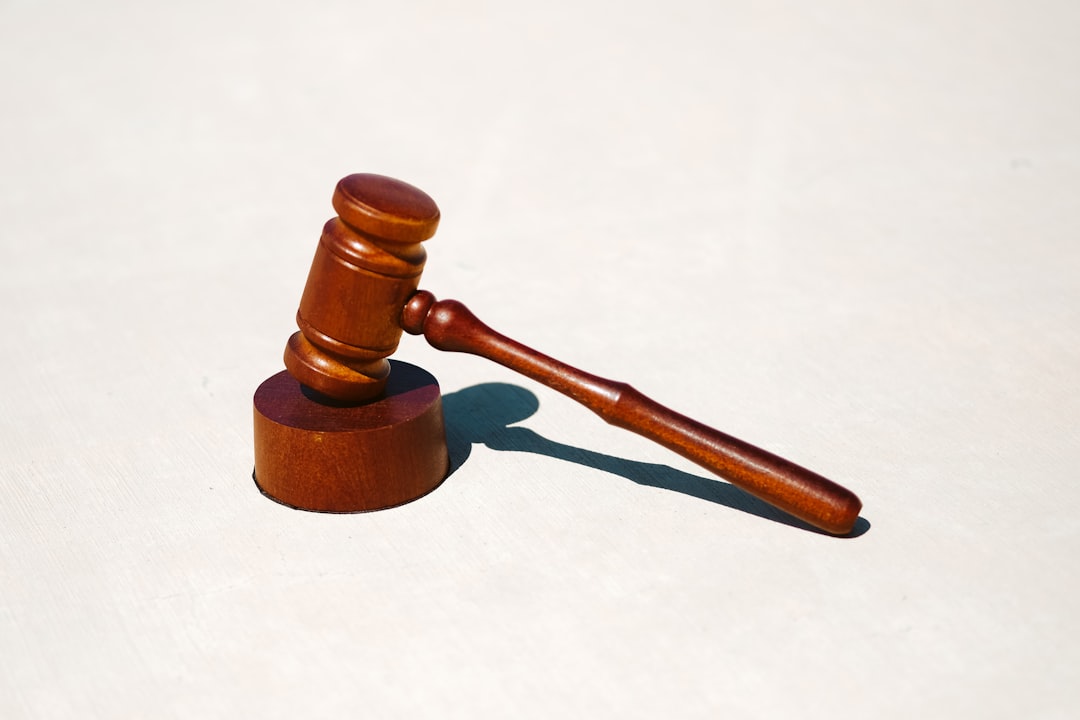New York's debt collector laws, governed by the NYC Civil Court Act and FDCPA, protect consumers from abusive practices. These regulations set guidelines on communication, disclosure, and permissible actions, ensuring balance between debt recovery and consumer rights. Debtors have rights to validation, privacy protection, and "do not call" restrictions; violations lead to legal repercussions, including fines and lawsuits. The NYS Department of Financial Services enforces these laws, safeguarding New York residents during debt collection processes.
New York has established comprehensive laws to protect residents from abusive debt collection practices, ensuring fair treatment and peace of mind. This article explores the intricate web of regulations designed to safeguard consumers in the state, specifically focusing on debt collectors’ conduct. We’ll delve into the rights and protections afforded to New Yorkers, the ban on unfair tactics, legal remedies for victims, and the penalties imposed on non-compliant debt collectors. Understanding these laws is crucial for both borrowers and lenders.
Understanding New York's Debt Collection Laws

In New York, debt collection laws are designed to protect consumers from abusive or unfair practices by debt collectors. The state has established stringent regulations that govern how these collectors can interact with debtors, ensuring a balance between debt recovery and consumer rights. Understanding these laws is crucial for both individuals facing debt issues and the debt collectors themselves.
New York’s debt collection laws are primarily governed by the New York City Civil Court Act and the Fair Debt Collection Practices Act (FDCPA). These laws outline clear guidelines on communication methods, disclosure requirements, and permissible actions during debt collection processes. For instance, debt collectors must provide validation of the debt, refrain from using abusive or harassing language, and respect the debtor’s privacy. Any violation of these rules can lead to legal repercussions, offering a layer of protection for debtors in New York.
Rights of Consumers Against Abusive Practices

In New York, consumers have a range of rights against abusive debt collection practices. The state’s debt collector laws are designed to protect individuals from harassment, intimidation, and unfair treatment by collectors. According to the New York State Attorney General’s Office, debt collectors must adhere to strict regulations, including refraining from using abusive or deceptive tactics like threatening language, false statements about the consumer’s debt, or contacting consumers at inappropriate times.
Consumers in New York also have the right to request validation of their debt, which means that a collector must provide proof that the debt is legitimate and provide details about it. They can also place a “do not call” restriction on collectors and file complaints with the New York State Department of Financial Services if they feel their rights have been violated. These protections empower individuals to stand up against unfair debt collection practices.
Unfair Debt Collection Tactics Banned

In New York, debt collectors are bound by strict laws designed to protect consumers from abusive practices. One of the key measures is the prohibition against unfair debt collection tactics. According to the New York State Department of Financial Services, debt collectors cannot employ harassment, threats, or false statements to extract payments. This includes calling individuals at inconvenient times, using abusive or offensive language, or making false promises about the consequences of non-payment.
The laws also mandate transparency and fair procedures. Debt collectors must provide consumers with clear information about the debt, including the amount owed and the name of the original creditor. They are required to follow proper legal processes, such as sending written notices and allowing sufficient time for response before taking further actions, ensuring a level of fairness and respect for debtors’ rights under New York’s debt collector laws.
Legal Recourse for Victims of Debt Abuse

Victims of debt abuse in New York have legal recourse under state and federal laws designed to protect consumers from aggressive or unfair practices by debt collectors. If individuals feel they have been mistreated, harassed, or subjected to false claims during debt collection processes, they can take action against the debt collector. The Fair Debt Collection Practices Act (FDCPA) at the federal level prohibits debt collectors from using abusive, harassing, or deceptive tactics when attempting to collect a debt. New York state laws, such as the Consumer Protection Law and the Debt Collection Act, further safeguard consumers by regulating debt collector conduct within the state.
These legal frameworks empower victims to file complaints with regulatory agencies, seek damages for emotional distress, and even halt abusive debt collection practices through legal action. It’s crucial for individuals facing debt issues to understand their rights under these laws and consult legal professionals who specialize in debt collection litigation to ensure proper guidance and resolution.
Enforcement and Penalties for Debt Collectors

In New York, debt collectors must adhere to strict laws and regulations to ensure fair practices. The New York State Department of Financial Services (NYS DFS) plays a crucial role in enforcing these rules. If a debt collector violates these laws, they can face severe penalties, including fines and legal action. According to the NYS DFS, debt collectors are prohibited from engaging in aggressive or harassing behavior, making false statements, or using unfair tactics to collect debts.
The Fair Debt Collection Practices Act (FDCPA) is a federal law that also applies to debt collectors in New York. It outlines specific do’s and don’ts for collectors, ensuring consumers’ rights are protected. Violations of the FDCPA can lead to individual consumers filing lawsuits against the debt collector, seeking damages for any emotional distress or financial harm caused by the abusive collection practices. This robust enforcement mechanism helps deter debt collectors from engaging in abuse and ensures that New York residents are treated fairly during debt collection processes.






